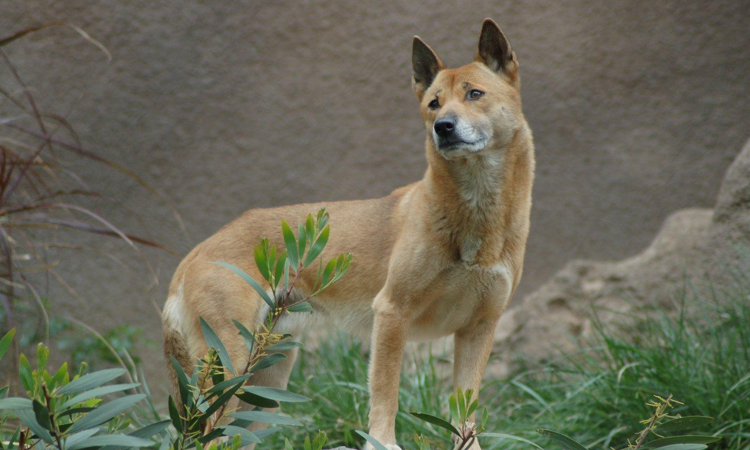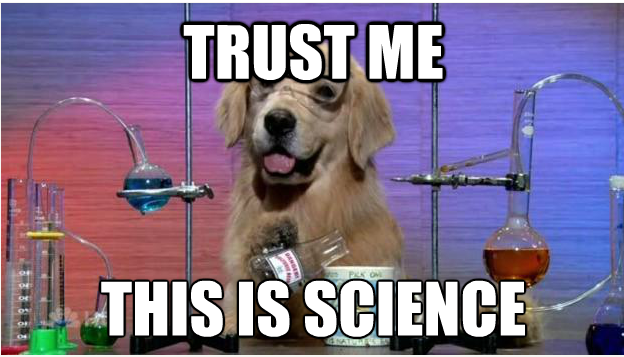Another week, another fun filled seven days full of doggy joy. This week in our dog news round up, we discover dog hockey is the sport that the world deserves, we meet the dog who’s cleaning up a Yorkshire School and a wild dog makes us want to sing. Get The Scoop!
Ice ice doggy
It’s a truth universally acknowledged that a good dog will want to play fetch. Most dogs are happy with a good run around at the park, but not this dog. This dog was lucky enough to get a whole ice hockey rink to himself before a game at the Washington Capitals Arena this week.
We don’t know who this ice-skater pooch is, and we don’t know why this happened, all we know is we’d pay good money to watch this if it became a sport.
“Want doggy cuddles? Then clean up your act!”
Rolo is a learning support dog, and yes, that’s his official job title. That means that he helps children learn to grow in confidence when reading aloud. The theory is that children are comforted by the presence of a dog and are more readily willing to read to a pooch, who won’t judge them if they accidentally mispronounce a word or two.
But that’s not all Rolo can do. Huntington School in Yorkshire school ‘employ’ Rolo and recently had a litter cleanup brainwave. In a masterstroke of emotional blackmail they made a short video for assembly threatening that Rolo might have to leave the school if so much rubbish continued to be dropped on school premises.
Apparently this worked. And it’s all because the kids love him – they even queue up for visits with Rolo in the library. Hey, it may be blackmail, but it’s blackmail for the sake of a dog, so maybe that’s okay?
Wild thing you make my heart sing

One of the oldest wild dogs in the world, which was previously thought to be extinct, has reappeared in New Guinea after more than 50 years.
Native to mountainous areas of New Guinea, this wild dog is imaginatively known as the New Guinea Highland Wild Dog. According to an expedition last year, the dog breed is not just alive and well, it’s thriving in the wild, as the foundation who discovered were able to confirm with photographs and DNA samples.
It’s hoped that this discovery will lead to a better understanding of canine evolution. Because science and because dogs.
